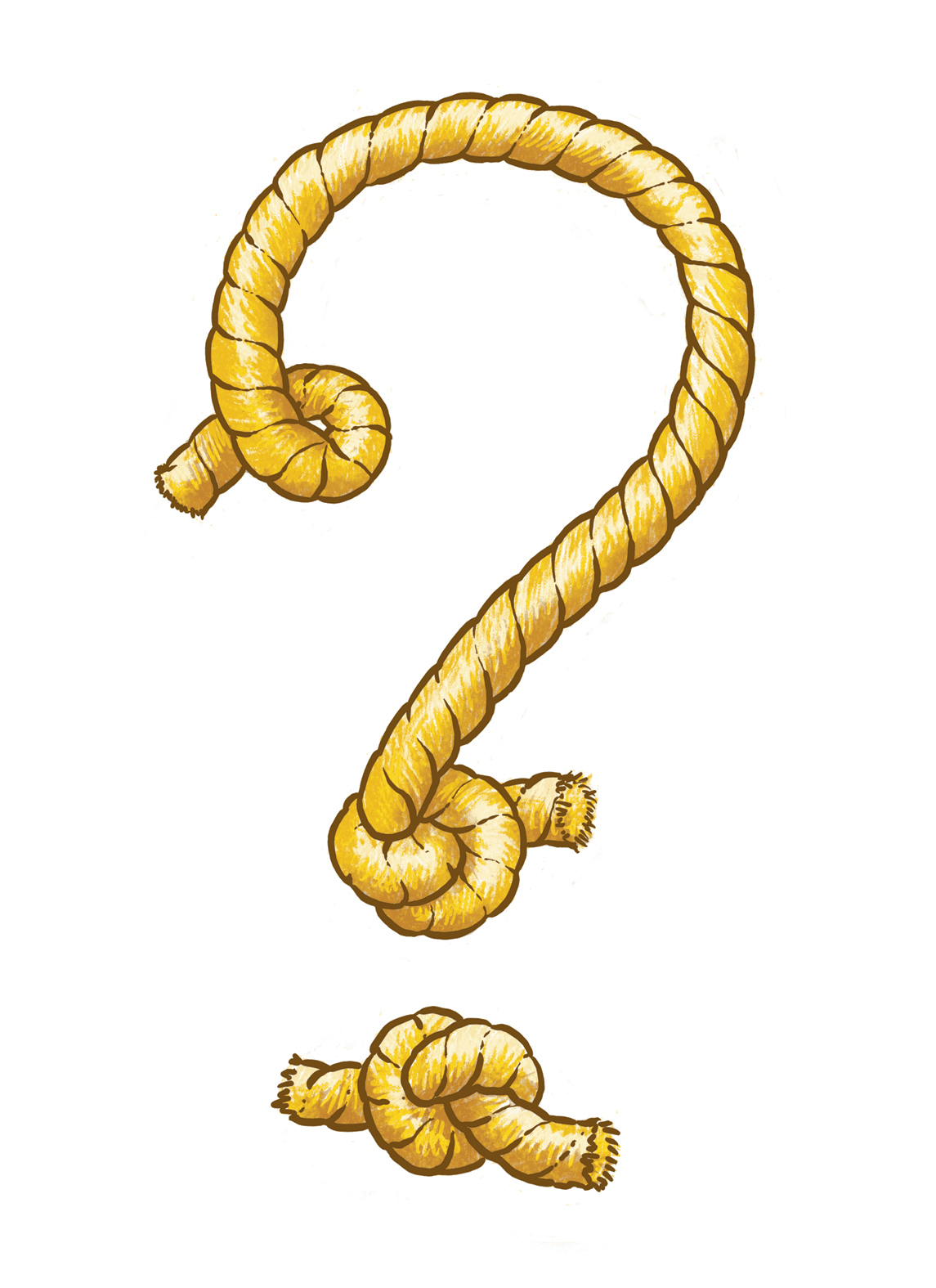

My son has always liked handcuffs and tying people up as a form of play. He is 12 now, and the delight he finds in cuffing has not faded along with his love of Legos. He lobbied hard to be allowed to buy a hefty pair of handcuffs. We cautioned him strongly about consent—he has a younger brother—and he has been good about it. In the last year, though, I found out that he is cuffing himself while alone in the house—and when discovered, he becomes embarrassed and insists it’s a joke. I found him asleep one night with his wrists cuffed. I removed the cuffs and spoke to him the next morning about safety. Then recently, when returning home late, I saw him (through his window, from the back of the house) naked and cuffed with a leather belt around his waist, which seemed attached to the...


